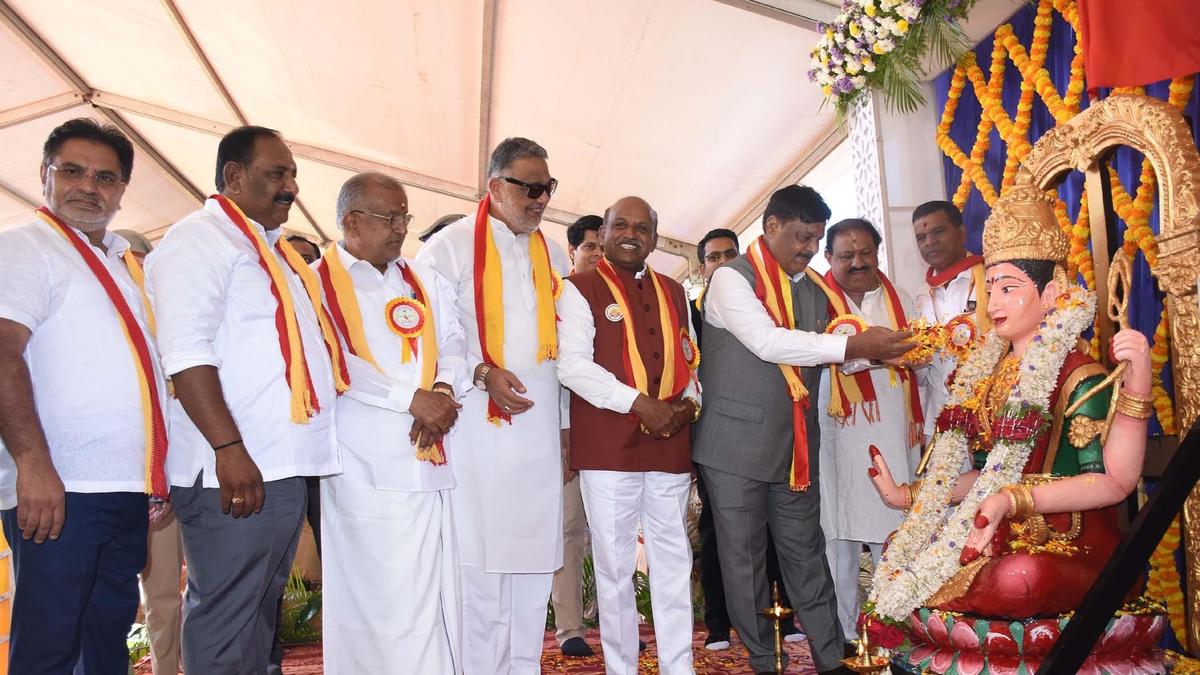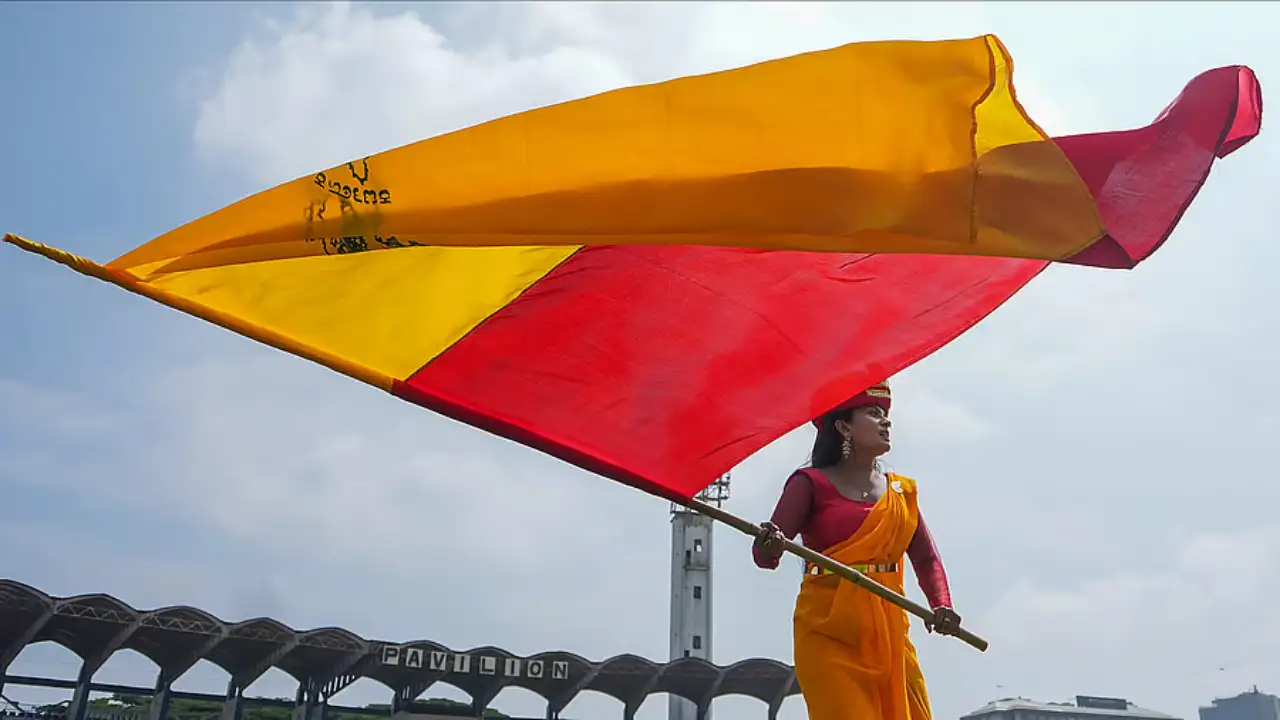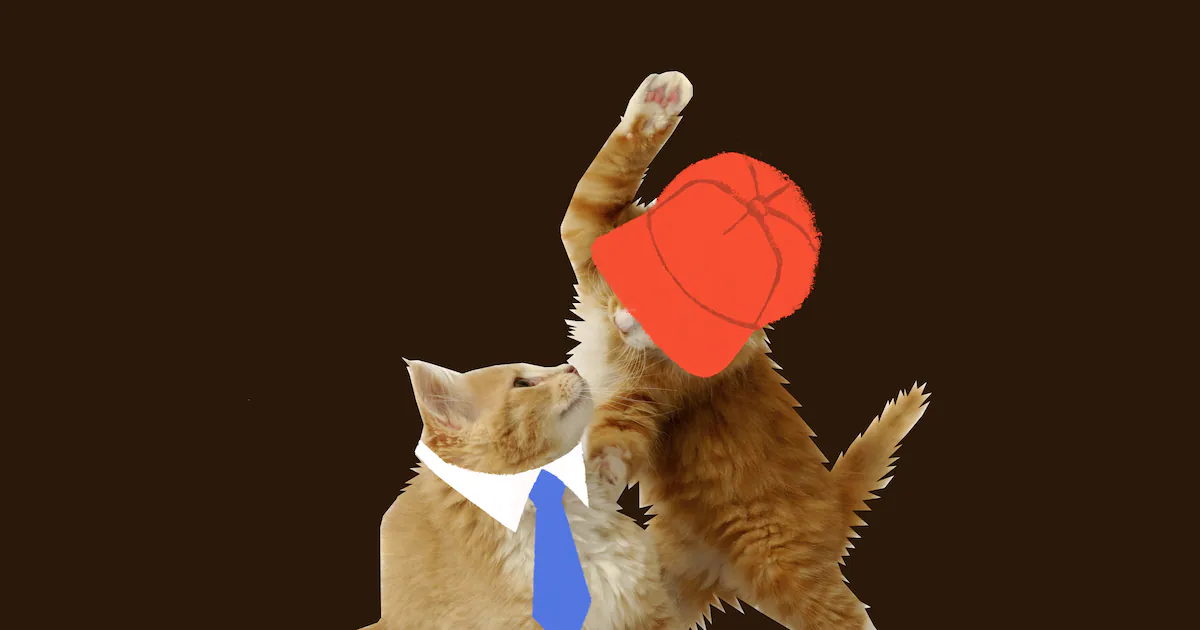Copyright thehindu

The 70th Karnataka Rajyotsava celebrations held here on Saturday was marked by the recalling of efforts and sacrifices spanning decades of struggle that resulted in the formation of the State on linguistic basis on November 1, 1956. Minister in charge of Mysuru district H.C. Mahadevappa led the celebrations by paying tributes to scholars, Kannada writers, activists, and people from various walks of life whose struggle resulted in the reunification of Karnataka formed by the merging of different areas of the then Mysore State and areas under the British rule, including Bombay-Karnataka, Madras Presidency, Hyderabad-Karnataka, and Coorg. Dr. Mahadevappa said that different Kananda-speaking regions were merged into one State, which was renamed Karnataka in 1973. It was a historic moment in the history of the State as it fulfilled the long-pending desire and demand of the Kannadigas, he added. The Minister recalled the efforts of Deputy Channabasappa, N.S. Hardikar, Manjappa, Gangadhar Rao Deshpande, R.R. Diwakar, Sakkri Ballacharya, Kuvempu, Masti Venkatesh Iyengar, K. Shivaram Karanth, A.N. Krisnna Rao, B.M. Srikantaiah, and many others in the reunification of Karnataka. Dr. Mahadevappa said that it was Aluru Venkta Rao who launched the struggle for the unification of Kannada-speaking regions which were parcelled out among different kingdoms and regimes. The State has given birth to slew of poets, litterateurs, writers, artists, etc., and they have enshrined the essence of Kananda culture and identity in their works, the Minister added. Noting that Kannada has produced eight Jnanpith awardees — Kuvempu, Da.Ra. Bendre, Shivaram Karanth, Masti Venkatesh Iyengar, V.K. Gokak, U.R. Ananthamurthy, Girish Karnad, and Chandrashekar Kambar — the Minister said that they have enriched the language through their literary works. Referring to the growth of Kananda in the digital era, Dr. Mahadevappa said that the State government has taken many initiatives for the promotion of Kannada and its use at all levels of administration. This includes an encouragement to software development companies to use Kannada on digital platforms, making information available in Kannada using Unicode on government websites, promoting the use of Kananda on mobile devices, etc. As a result of such initiatives, the usage of Kannada has increased on digital platforms and augurs well for the future of the language, Dr. Mahadevappa added. It was imperative to promote Kannada along with science and technology, and the government was working in this direction, the Minister said. Kannada is not merely a language, but an identify for the people of the State, and it was the duty of all to uphold their regional culture and strengthen it, he added. The Minister noted the antiquity of Kannada as evident in the Halmidi inscriptions of 450 CE and pointed out that the earliest extant Kananda literary work Kavirajamarga is dated to 850 CE. The event was held at the Oval Grounds. The Minister hoisted the Kananda flag and received salutations from the marching contingents, comprising the police, fire and emergency personnel, Home Guards, NCC, NSS, and students from various schools. Dr. Mahadevappa made floral offerings to the portrait of Goddess Bhuvaneshwari, emblematic of Kannada and Karnataka, and honoured the winners of the Rajyotsava awards. G.T. Deve Gowda, K. Harish Gowda, and Tanvir Sait, MLAs; N. Manje Gowda and K. Shivakumar, MLCs; G. Lakshmikant Reddy, Deputy Commissioner, and others were present.



